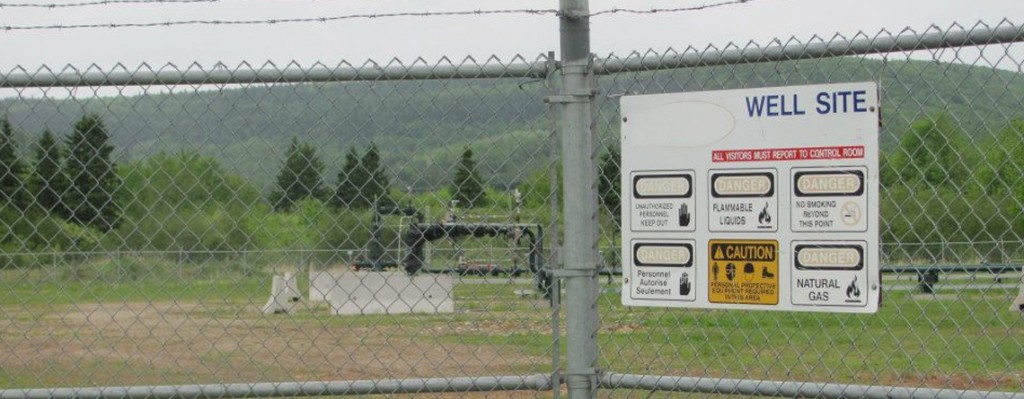For Immediate Release
Fredericton – While the public awaits the loudly-touted government shale gas regulations, CCNB is dismayed to learn about the lack of regulations currently governing the expanding gas industry in Penobsquis. Five months after filing an official request for information concerning air quality in Penobsquis, CCNB has learned that there is no permanent air quality monitoring regime in the industrial-affected community of Penobsquis; counter to existing regulations laid out in the Clean Air Act.
According to the Approval to Operate documentation received, PotashCorp’s mining operations and Corridor Resources’ gas operations are not required to operate and maintain a ground-level air quality monitoring station and report air quality on an hourly or daily basis, which is required in the Clean Air Act (Air Quality Regulation 97-133). According to the last air quality monitoring report found on the Department of Environment and Local Government website (2009), the province is also not publicly reporting air quality in the Penobsquis area.
“How can the public, who are having shale gas exploration and development forced onto them, feel good about regulations for a new industry when we know the government does not have a handle on enforcing existing requirements?” asks Stephanie Merrill, CCNB’s spokesperson on shale gas. Merrill said that this information reveals systemic problems in the way that the provincial government monitors air quality and discloses that information to the public.
“Rural Penobsquis is fraught with the sights and smells of mining operations, gas well pads and pipelines. The operations have been expanding since 2007, and we find it alarming that the government has yet to implement a stringent and permanent air quality monitoring system in that community,” adds Merrill.
Residents in Penobsquis are reporting a strong odour in the air this week. The RCMP confirmed with one resident that a weeping gas line at PotashCorp’s mining operations is responsible for the odour.
“What’s the good of having laws against drinking and driving to protect the public but no police to enforce the laws? That’s what is happening in Penobsquis today”, says Beth Nixon, a resident of Penobquis. “We don’t know what’s in the air in here, what we are smelling and not smelling, and we should for our peace of mind”, she continues. Nixon says that the government needs to implement a permanent air quality monitoring station in Penobsquis and disclose the results to us on a regular basis.
Inka Milewski, CCNB’s Health Watch Advisor is concerned by what could be in the air in Penobsquis and the lack of government oversight. “Volatile Organic Carbons (VOCs) in the air at gas production sites are a major public health concern. The government must rectify this problem immediately before gas production goes from exploration to full-scale production in Penobsquis,” says Milewski.
In October 2012, Dr. Eilish Cleary, Chief Medical Officer of Health, released a detailed report outlining strict benchmarks for baseline monitoring in the face of the shale gas industry. A week later, the provincial government proposed amendments to the Clean Air Act which would exempt Class 4 licenses from needing government approval to operate.
Corridor’s Approval to Operate its natural gas conditioning plant and well pads happens to be a Class 4 license and there is still uncertainly what the amendments to the Clean Air Act means for these activities. Furthermore, there are no requirements for public discussions for these Approvals to Operate. “The province must end this loophole and require public review periods for Approvals to Operate for natural gas operations,” adds Milewski.
Penobsquis is a small rural community near Sussex. Within six kilometres of the centre of Penobsquis are two potash mines (one in production and one in construction), 16 gas well pads, 30 gas wells ( unconventional shale and tight gas wells), two natural gas/compressor stations that flare, a drill rig site, a grouting station, one oil well, a brine pipeline that hauls water from the potash mine to the Bay of Fundy, approx. 17 km of pipelines, trucks that haul water to the Port of Saint John, and at least 12 gravel pits.
::
Stephanie Merrill, CCNB, 458-8747 – for inquiries about shale gas regulations
Inka Milewski, CCNB, 458-8747 – For inquiries about air quality regulations and health
Celine Delacroix, CCNB, 458-8747 – for French only inquiries

